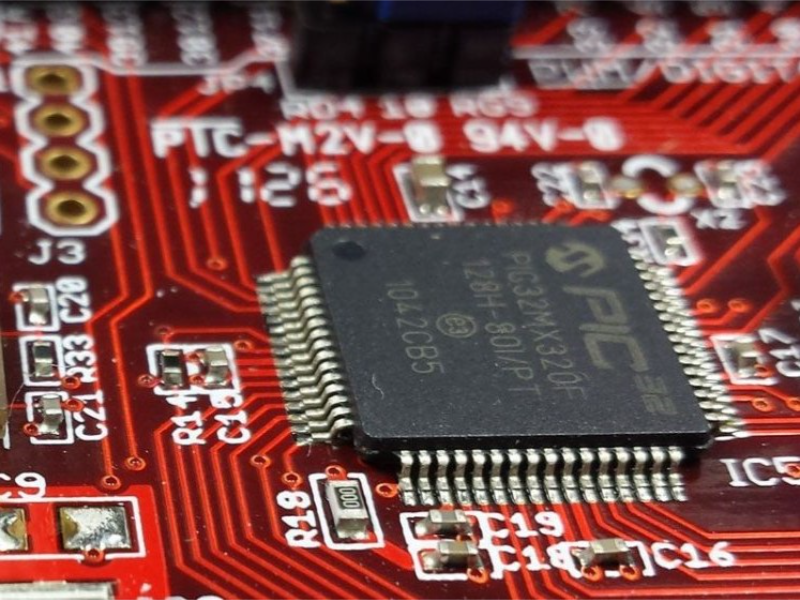- Microcontrollers are the brains of numerous electronic devices, executing tasks with precision and efficiency.
- When selecting a microcontroller for a project, consider factors like architecture, available peripherals, development environment, and the specific application requirements.
Microcontrollers are the brains of numerous electronic devices, executing tasks with precision and efficiency. They are small computers on a single chip, complete with a CPU, memory, and the capability to interact with the external world through input/output (I/O) ports.
Designed for specific functions, microcontrollers are the heart of embedded systems in various applications, from home appliances to industrial control devices and robotics.
What can you do with microcontrollers
- Industrial automation: Microcontrollers are integral to the functioning of industrial machines. They control robotic arms, conveyor belts, and manufacturing equipment, enhancing efficiency and accuracy in production processes.
- Automotive systems: In the automotive industry, microcontrollers manage engine performance, transmission systems, and braking mechanisms. They ensure vehicles operate smoothly and safely.
- Home appliances: Microcontrollers are found in everyday household items like washing machines, refrigerators, and microwave ovens. They control the operation of these devices, making them more user-friendly and energy-efficient.
- Consumer electronics: Portable devices such as smartphones and tablets rely on microcontrollers to manage their functions, from touch screen responses to data processing.
- Medical devices: In healthcare, microcontrollers operate medical equipment like heart rate monitors, blood pressure monitors, and insulin pumps, providing life-saving accuracy and control.
- Military and defense systems: Microcontrollers are utilised in defense technology for missile guidance systems, aircraft controls, and other strategic applications where reliability and precision are paramount.
- Environmental monitoring: They are used in devices that monitor environmental conditions, including temperature, humidity, and air quality, helping in climate control and research.
- Robotics: Microcontrollers are the decision-makers in robots, controlling movements and responses to stimuli. They are essential in both simple and complex robotic systems.
- Internet of things (IoT): In the IoT realm, microcontrollers collect data, control devices, and facilitate communication between smart devices, making homes and cities smarter and more connected.
Also read: What is memory bandwidth and what are its applications?
How do microcontrollers work
The working process of a microcontroller can be divided into the following steps:
- Programme loading: first, the programme written in high level language is compiled into machine language and burned into the memory of the microcontroller.
- Execution of the programme: when the microcontroller starts, it reads the programme code from the memory and executes it line by line by the CPU.
- Data processing: During execution, the microcontroller receives external input signals through its I/O ports and processes these signals according to the programme logic.
- Output results: The processed data can be sent to external devices or systems through the I/O ports.
Also read: The power of firmware in IoT devices
Programming microcontrollers
Programming a microcontroller involves writing instructions in a language it understands, which is then stored in its memory. High-level languages like C or Python are commonly used for their ease of use and efficiency.
Choosing the right microcontrollers
When selecting a microcontroller for a project, consider factors like architecture, available peripherals, development environment, and the specific application requirements.
A comprehensive understanding of the project’s needs will guide the choice between different types of microcontrollers, such as 8-bit, 16-bit, and 32-bit varieties, each with its own strengths and ideal applications.
Microcontrollers are versatile and powerful components that enable a vast array of applications across various industries. Their ability to be programmed for specific tasks makes them an indispensable tool for modern technology.

